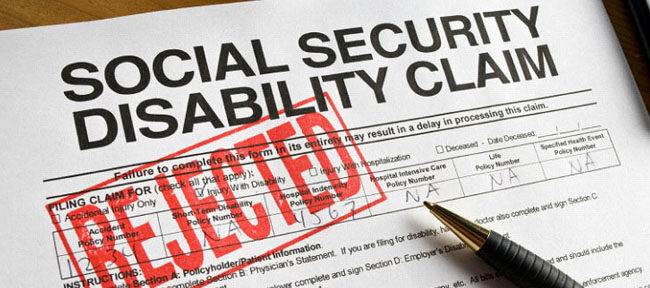Social Security Claimant Defense and Supportive Services

In the past, filing a claim for Social Security Disability was a difficult task. Today, the Social Security Administration has vast resources at its disposal to deny your claim. COOFIA offers a variety of services to claimants, based on their individualized needs.
At COOFIA, you can customize the level of service that you want by selecting from the choices mentioned below. Contact our office for assistance. We’re here to help:
1- COOFIA publishes self-help guides for new claimants who want to handle their claim and may simply want information on avoiding problems and pitfalls when filing for benefits with the Social Security Administration.
2- COOFIA provides no-cost phone consultations to new claimants. If you are having trouble understanding how to complete your claim documentation, you may contact our office for assistance.
3- Claimants often find the road to approval to be full of unexpected twists and turns. If your initial application was denied, then there is a good chance that your claim will ultimately be denied. We advise you to call for a free phone consultation so that a COOFIA Professional may determine if your claim requires professional assistance.
We assist claimants through all levels of appeals for both Social Security and Veterans disability benefits:
1- Initial Claim
2- Reconsideration
3- Administrative Law Judge Hearing
4- Appeals Council
5- United States District Court
6- United States Circuit Court of Appeals
7- United States Supreme Court
8- SSA Administrative Law Judge Investigations (limited circumstances)
About Claimant Advocacy
"Claimant Advocates work for Claimants on the basis of good faith, with the expectation that, if the Claimant wins his or her case, that they receive a small stipend as compensation. For claimants who have been denied at all stages of appeal, our goal is to help them identify other options while they remain disabled." -Emory Long, J.D.
